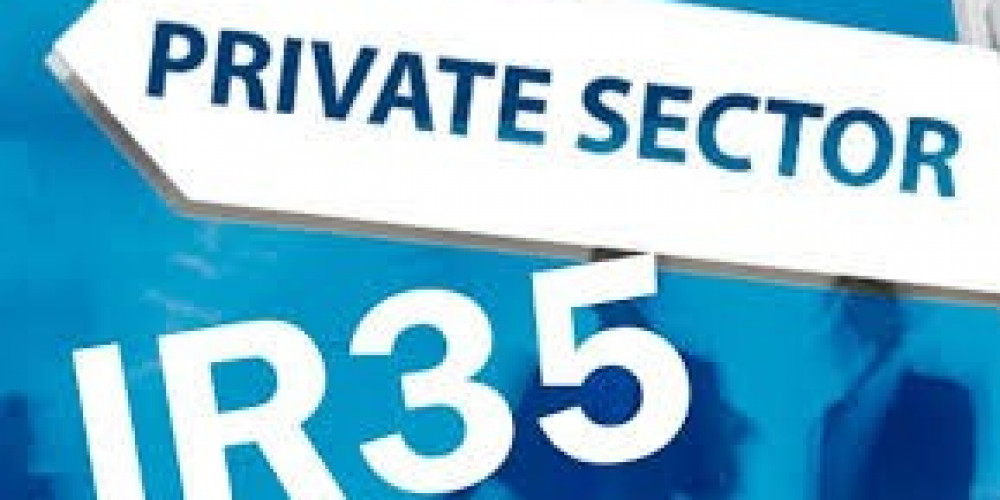Jo joined Cathedral Appointments over 25 years ago and now leads the business alongside Clodagh, who joined the company in 2021. Jo is a local employment expert and a former board member of Exeter’s leading business membership organisation, Exeter Chamber. She is also a Fellow of the Recruitment and Employment Confederation (REC) and has an Associated CIPD membership.
Blog
Changes to IR35 and How to Manage Them
Posted in Candidates, Employers
IR35 has been hotly debated in recent weeks owing to changes announced surrounding client vs contractor liability in the private sector. Reforms to the public sector were made in 2017 through the implementation of ‘off-payroll rules’. These changes were made following non-compliance with IR35 rules meaning self employed persons could set up under a company to perform permanent roles under the guise of contractors. This allowed them to make savings in both tax and national insurance contributions which they would usually pay as employees. The off-payroll rules in the public sector now have the effect of combating this tax avoidance through use of a corporate personality.
The changes to IR35 by way of the off-payroll rules were put in place to better define relationships that would fall inside of IR35 (On-Payroll) or outside of IR35 (Off-Payroll) and to apply penalties for those who fell inside of IR35 but sought to be paid off payroll. These rules currently only apply to the public sector but are due to apply to private sector relationships in April 2020 after an enforcement date in 2019 was delayed.
The changes and their impact
Initial plans for this legislation meant that when taking on a contractor through an intermediary, the onus would be placed on the company’s intermediary to ensure a person working inside IR35 was not being paid as a contractor. However, recent changes now mean that this onus will fall upon the client, as within the public sector. These changes mean that employers will now need to know how their contractors are engaged for tax purposes and ensure that contractors who would fall inside the IR35 legislation are not paid as contractors where tax can be avoided.
With responsibility moving to the client, it will mean that where an agent is instructed to pay a contractor as though outside of IR35, as long as the client‘s wishes are followed, whether right or wrong, the client will still face responsibility if the contractor is found to be inside of IR35. Penalties for companies are unconfirmed but are likely to be substantial with speculation of increased fines based on company size and the severity of the breach.
What clients can do prior to April 2020
The current date of enforcement for these changes is April 2020. It is crucial therefore that prior to this date businesses undertake an assessment of their current circumstances to avoid potentially hefty fines. Before considering your approach to IR35, check if your company is outside of its jurisdiction. The government have proposed to exempt small companies from these rules, which means companies with less than £10.2m turnover; a balance sheet total of £5.1m or less; or 50 employees or fewer will be exempt.
If your company is large enough to fall within these rules, you should consider your current contractors and whether they may be affected by the proposed changes; put a process in place to determine the status of your company’s contractors or employees (there is a test on Gov.uk that can assist with this); and work with a trusted agency to plan your approach to costs and processes. For more information or advice on any of the above, please get in touch with us by e-mail using info@cathedralappointments.co.uk or by phone on 01392 413 577.

About cookies
We use cookies on this site to help improve user experience and deliver services. By using this site you consent to the use of cookies.
